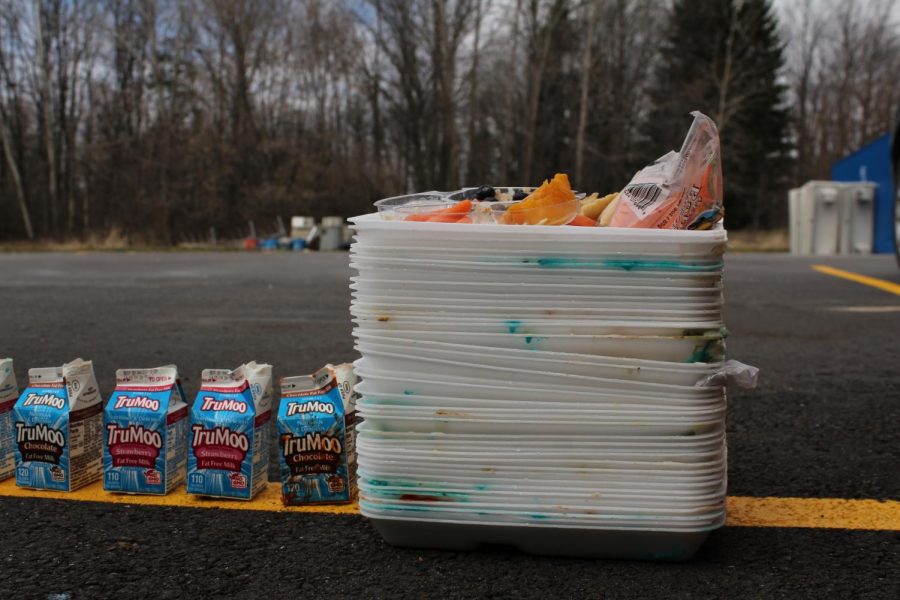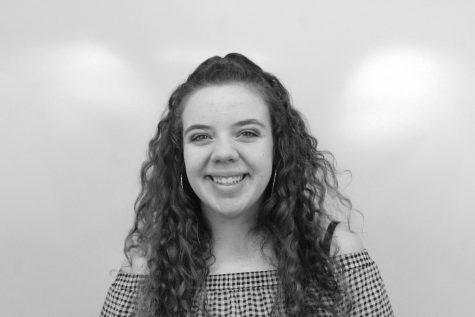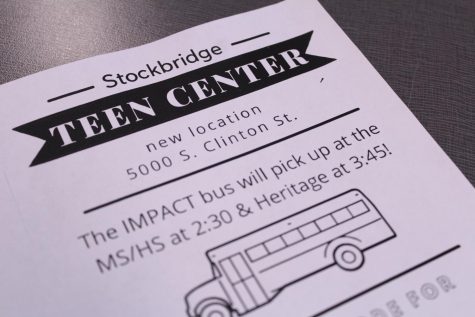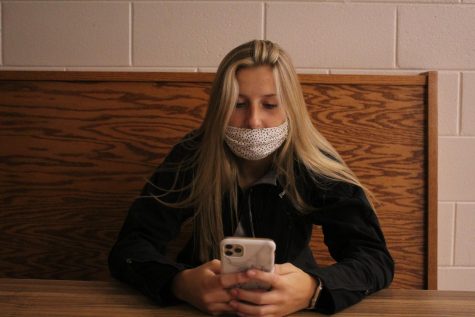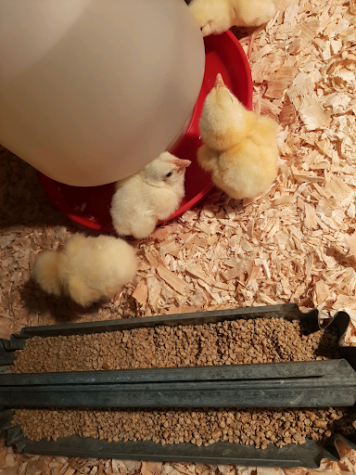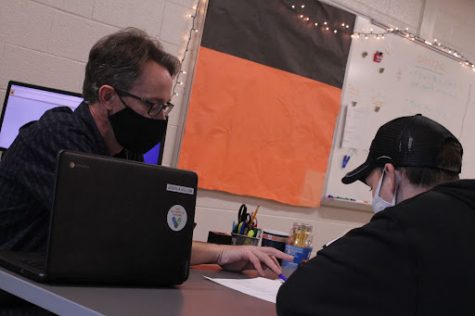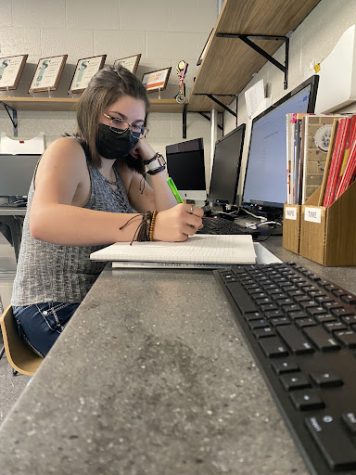Problematic push backs plastic pollution has on the planet
Reduce. Reuse. Recycle.
This saying has been ingrained into our minds from a young age, but do we really realize how much plastic pollutes the Earth every year?
On a daily basis the average American creates about 4.4 pounds of waste each day. Of that only 1.51 pounds get recycled, according to the Environmental Protection Agency (EPA).
Of the 254 millions tons of garage, the U.S. produced in 2013, about 13 percent of that waste is plastic waste that ends up in landfills or ecosystems across the planet.
“I recycle on a regular basis,” senior Katelyn Meitz said. “I think it’s important to recycle because of how slow plastic breaks down and how it can affect the Earth.”
So why is recycling such an uncommon task for most American citizens you may ask?
Accessibility.
According to an article published by Upworthy, a media outlet that focuses on changing what people focus on in the media, when participants were asked about why they did not recycle, 25 percent of respondents said it was because recycling centers were not accessible for them.
This has become apparent to members of our community and our school.
Currently, teacher Elizabeth Cyr has started an initiative to fundraise to buy two of the big blue recycling bins that have sections for paper, plastic and trash for use in the junior/senior high school. Two durable bins cost approximately $500.
“Our project focuses on forward living: We borrow the earth from our grandchildren,” Cyr said. “Because we live a rural area and attend a small high school, no local recycling services are available. Nonetheless, students want to lead by example to show how individuals can chart the course toward a cleaner, more sustainable life on Earth through conscious living.”
Globally known companies such as Starbucks and McDonald’s are taking matters into their own hands to combat the effects of plastic pollution by starting initiatives like the getting rid of plastic straws or replacing them with biodegradable ones and including recycling bins in their facilities.
“McDonald’s is committed to reducing waste. Labeling our packaging with SPC’s How2Recycle label provides an opportunity to extend the behind-the-counter recycling efforts at the restaurant by helping consumers to determine how to recycle some McDonald’s packaging at home,” Susan Forsell, VP, Sustainability for McDonald’s USA said.
According to the McDonld’s corporate web page, “residents are now able to recycle paper and plastic foodservice packaging along with other recyclables in their curbside collections,” giving those who want to reduce their waste but enjoy their fast food a way to continue “lovin’ it.”
NHS and NJHS clean up the skatepark for Earth Day
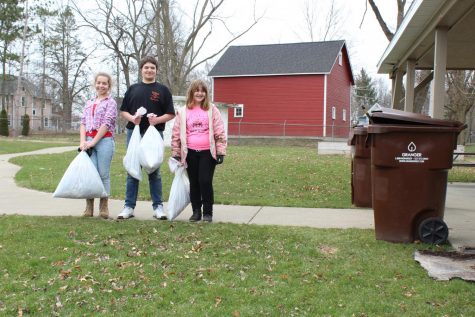
On Saturday March 21, eco-conscious students and adults popped up their green thumbs in an efforts to eliminate the amount of waste that gets shed into our community.
“When we have clean areas for our students to play, we feel safer and better about going out and using these facilities,” National Honor Society adviser Kathleen Riley said.
A clean environment rose to importance on the group’s agenda, especially in a space where children play.
Led by advisers Riley and National Junior Honor Society Sarah Vowels, the group spent the foggy, 50 degree afternoon cleaning up the skate park in Veterans Memorial Park.
The two groups walked away with 10 garbage bags full of cans of pop, empty chip bags and candy wrappers.
While the event was held the day before, the intent was to mark Earth Day, the largest secular holiday in the world according to the International Dialogue for Environmental Action.
The first Earth Day was founded by Gaylord Nelson. He was disturbed by the fact that our environment was not addressed in the media or politics, so he created Earth Day on April 22, 1970.
The creation of Earth Day lead to the start of the Environmental Movement and is now celebrated by more than 1 billion people, including wildlife biology teacher Hannah Reyes.
“One of the things kids can actually really focus on is something called restoration. So you look at an ecosystem and you figure out how healthy it is and then you figure out how you can restore it to a point where it functions for more and more creatures and that is on all scale levels from little tiny invertebrates to massive elephants,” Reyes said. “Our entire globe will end up better.”



